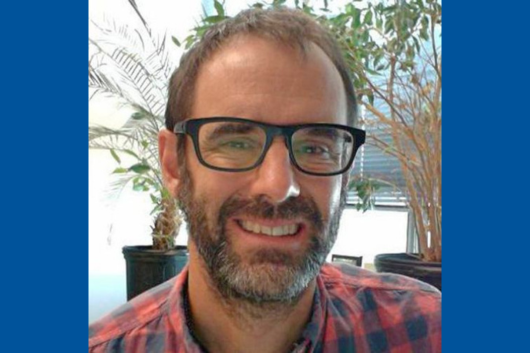Low-cost sensors, satellite imagery, and deep learning: The future of improving environmental and human health

The past several years have seen explosive growth in the development of environmental sensors, in particular those that measure air pollutants such as fine particulate matter (PM2.5). A similar revolution has taken place in the development of data analytics techniques, that hold great promise in analyzing sophisticated existing and emerging data sets related to environmental and human health. Emerging data sets include environmental sensor data, satellite imagery, fitness device data, and a wealth of information from social media and web browsing. At present, there is a critical need to develop broader collaborations amongst disciplines (i.e. environmental science and computer science) and to further develop the field of Environmental and Human Health Data Analytics (EHHDA). With this in mind, I will discuss several recent studies conducted by my research group and our collaborators, including the application of low-cost air quality sensors to determine personal exposure and the influence of indoor air filtration on children's health. I will also discuss the application of machine learning to managing low-cost sensor networks. In addition, I will discuss the use of satellite imagery to determine highly spatially resolved neighborhood level PM2.5 concentrations, air pollution hot spots, and plumes. Lastly, I will describe a deep learning approach to image analyses for facial recognition that holds great promise in linking human sentiment with environmental contaminants. Overall, the theme of this talk will highlight the exciting future of EHHDA and will emphasize the need to further develop key collaborations across disciplines.
THIS IS A HYBRID SEMINAR: In person and online via Panopto
This seminar will be held in Grainger Hall room 1112.
Visit the seminar website for a link to attend virtually.
Both attendance options are free and open to all.







